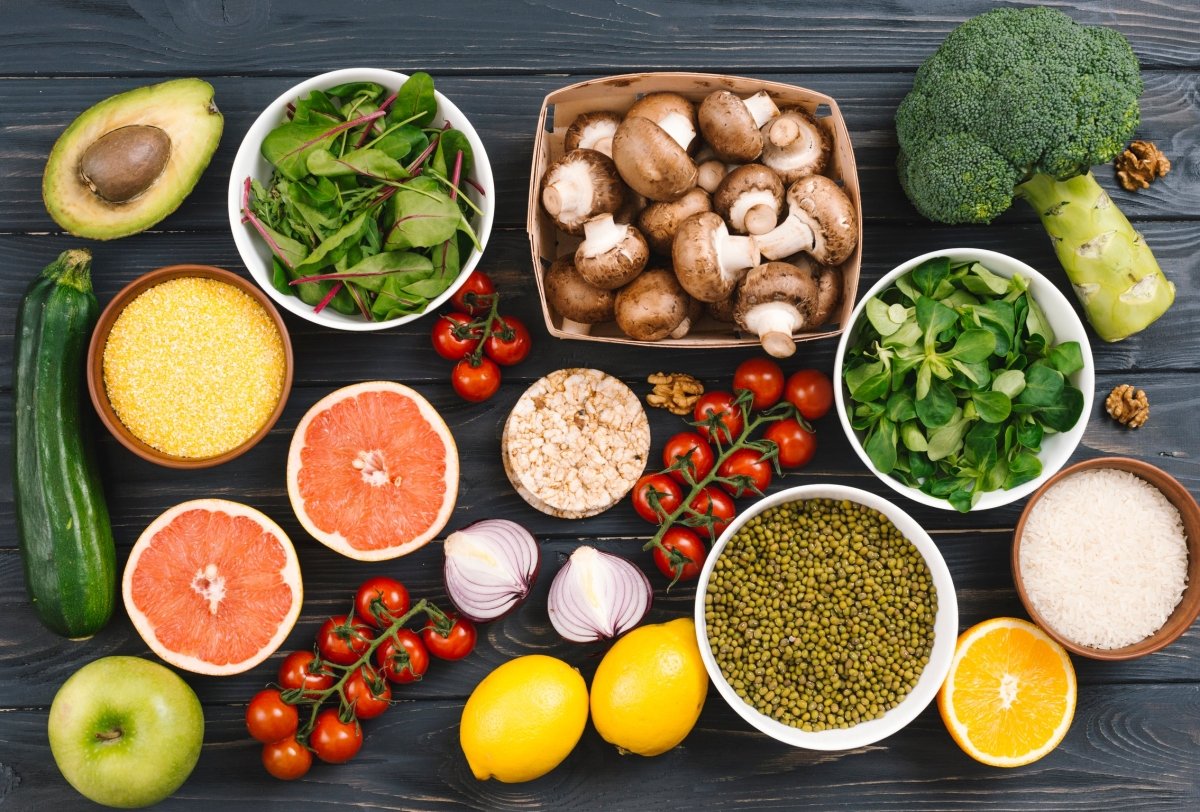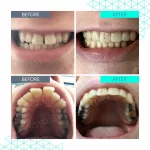You’ve likely heard the chatter about collagen supplements and their effects on skin. But is the excitement truly justified? Research points to both advantages and limitations of collagen supplements — and for many people focused on beauty, collagen has not been vegan-friendly.
That’s because collagen, a protein abundant in hair, skin, nails, bones, and ligaments, has traditionally been obtained from animals like cattle or fish.
However, scientists have devised methods to create vegan collagen. Here’s a look at how that’s achieved and how it compares.

How can collagen be vegan?
Rather than being harvested from animals, collagen can now be produced using genetically engineered yeast and bacteria.
Studies indicate that the microbe P. pastoris, specifically, is highly effective and frequently used for genetic modification to yield quality collagen.
To generate collagen, four human genes responsible for collagen are inserted into the DNA of these microbes. After the genes are integrated, the yeast or bacteria begin synthesizing the precursor components of human collagen.
Pepsin, a digestive enzyme, is then used to assemble these precursors into collagen molecules that mirror the structure of human collagen.
When this procedure is finished, the result is vegan collagen.
Benefits of vegan collagen
The capacity to manufacture affordable, safe collagen from microbes rather than animals offers many promising uses for human health.
1. Possibly lower price for consumers
Producing collagen with yeast or bacteria is economically efficient and scalable in laboratory settings. Although it hasn’t become widely mass-produced yet, it has the potential to reduce costs for collagen products and make them accessible for a variety of applications, from medical uses to dietary supplements.
2. Reduced allergy risk
Beyond the major advantage of avoiding animal harm, vegan collagen presents other benefits, especially for people with sensitivities.
For instance, there’s concern about the possibility of disease transmission through animal-derived collagen. Microbial collagen would remove this concern since it’s created in a controlled environment where common allergens and contaminants can be excluded.
3. Improved safety profile for products
Laboratory-controlled production allows manufacturers to enhance the safety profile. If the origin is traceable and regulated, it becomes a safer option for consumers across the board.
4. Increased and cheaper supply for medical uses
This technology could have numerous medical advantages, as collagen is used for more than dietary supplementation.
The ability to engineer collagen reliably and safely could aid many medical procedures. Collagen is frequently utilized:
- in dermatology for suturing
- to encourage skin and tissue regeneration
- to support wound repair
It can also act as a carrier for drug delivery or for certain cancer therapies.
5. Cosmetic benefits for vegans
Most collagen supplements available today are animal-derived, which prevents those following vegan or eco-conscious lifestyles from using them.
With vegan alternatives, people can now consider collagen to potentially help reduce wrinkle visibility and stimulate the body’s own collagen production as well as support digestive wellness.
That said, the science around these products and uses is still evolving, so many of the supplement-related claims remain more hopeful than proven.
If vegan collagen isn’t readily available, try these alternatives:
At present, truly vegan collagen is not widespread. Most brands market “collagen boosters” instead.
These boosters include vitamins and minerals, like vitamin C and zinc, which the body needs to synthesize collagen.
Some formulas also contain plant extracts and herbs that have been shown to support collagen production.
You can obtain these vitamins and minerals through whole foods rather than supplements to help fulfill your amino acid needs. The most prevalent amino acids in collagen are glycine, lysine, and proline.
Plant-based sources rich in these amino acids include:
- soy products: tempeh, tofu, and soy protein
- black beans
- kidney beans
- other legumes
- seeds: notably pumpkin, squash, sunflower, and chia
- nuts: pistachio, peanut, and cashew
Another option for vegans is to take isolated amino acid supplements. Many vegan-friendly brands offer these instead of pure collagen powders.
Authentic vegan collagen is still on the horizon, but much like plant-based meat alternatives, it may appear on shelves sooner than expected.

























Leave a Reply
You must be logged in to post a comment.